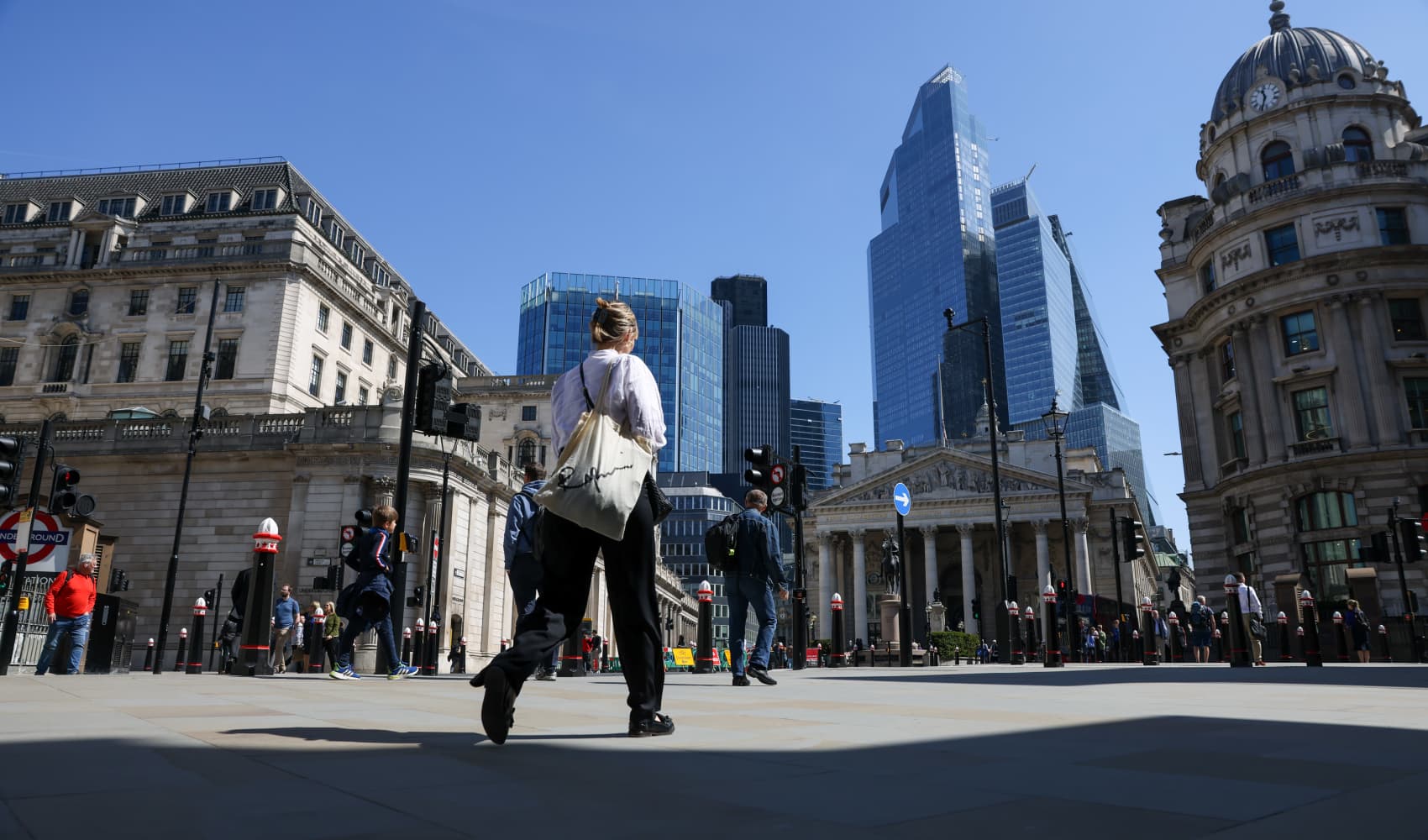
- Subway is upgrading its ingredients and mobile app in a bid to bring back lapsed customers.
- Starting July 13, the company's U.S. restaurants will offer nearly a dozen new or improved ingredients.
- The company has struggled to find its footing for years, burdened by its massive U.S. footprint and increased competition.
Subway is hoping that upgrading its ingredients and mobile app will help draw customers back to the sandwich chain.
Starting July 13, the company's U.S. restaurants will offer nearly a dozen new or improved ingredients, as well as 10 revamped or original sandwiches.
"How do we get folks to look at the brand again and come back to see us? So we're making some of the biggest, boldest changes that we've made to the brand in decades," said Trevor Haynes, head of Subway's North American division.
Get San Diego local news, weather forecasts, sports and lifestyle stories to your inbox. Sign up for NBC San Diego newsletters.
The company has struggled to find its footing for years, even before founder Fred DeLuca's death in 2015. The success of its $5 footlong deal during the 2008 financial crisis fueled massive expansion, helping the chain become the largest in the U.S. by number of units. But new rivals like Chipotle Mexican Grill and Potbelly lured consumers away, while its large footprint led to sales cannibalization among its remaining customers. And as sales slid, ugly fights with franchisees played out in courts and splashed across headlines.
Subway's parent company, Doctor's Associates, reported 2020 revenue of $689.1 million, down 28% from 2019's net sales of $958.9 million, according to franchisee disclosure documents. The sandwich chain has also been steadily shrinking its massive store footprint since 2016. It ended 2020 with 22,201 U.S. locations.
Executives said its restaurants have largely recovered from the coronavirus pandemic, giving the chain momentum for its turnaround. However, sales on college campuses and in urban areas are still down.
Money Report
A key component of the company's turnaround is tackling its core menu.
"People were really crying out for food innovation. There hadn't really been a whole lot of food innovation, and where there had, it had kind of been chasing the shiny object, like Popeyes' chicken sandwich is going to save the brand," CEO John Chidsey said.
Chidsey took the reins in late 2019, becoming the first permanent leader of Subway who wasn't related to a founder. Before 3G Capital bought Burger King, he served as the burger chain's chief executive. Now at Subway, he says the main focus in the United States is growing sales.
Months before Chidsey joined Subway, the chain's culinary team, along with external consultants like James Beard Award-winning chef Nancy Silverton, started working on creating two new kinds of sandwich bread: white and multigrain. Then the chain worked to upgrade its protein offerings, bringing back its rotisserie chicken, roast beef, and slicing its ham and turkey as thin as a deli would. It's also adding smashed avocado, BelGioioso's fresh mozzarella and a parmesan vinaigrette to its ingredient lineup.
With the new ingredients, the chain is trying to balance its reputation as a healthier option with "craveability." Despite the upgrades, customers shouldn't expect to pay more for their subs once the revamped ingredients roll out.
One menu item that won't change is Subway's tuna, which recently has been the subject of a lawsuit and a New York Times investigation that claims that the protein served at Subway isn't actually tuna. But the chain is sticking by the fish.
"We love our tuna," Haynes said. "It is nothing but 100% tuna. And it is one of the few things that we did not change because we are very proud of the product."
The day before the big launch, nearly half of Subway's U.S. footprint will close their restaurants at 6 p.m. local time to prepare. And on July 13, it's planning on giving away up to 1 million sandwiches for free from 10 a.m. to noon, local time.
Subway plans to keep improving its menu even after the launch. Haynes suggested seasonal sandwiches or proteins could occur in the years to come.
The chain also recently relaunched its mobile app with a new dashboard, insight into out-of-stock items and the ability to place delivery orders in certain markets. More updates are planned for the fall.
Restaurant chains like McDonald's and Chipotle have also been upgrading technology offerings after the pandemic led to a jump in digital orders over the last year and a half. Restaurant digital orders surged 124% in the year ended in March, according to market researcher NPD Group.
To promote the significant changes it's making, Subway is planning a big advertising push with flashy not-yet-revealed spokespeople.
"We will be everywhere," Haynes said.






